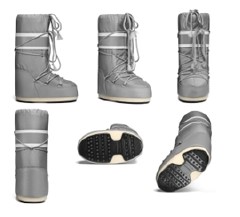Latvian Citizen Fined US$4.5 Million and Sentenced to More than 4 Years of Imprisonment for Fraudulent Trade Mark Renewal Scheme
Misleading renewal notices to trademark owners continue to cause confusion and, in some cases, unnecessary fees paid to fraudulent schemers that do not result in renewal of a trademark registration. Recently, a Latvian citizen was sentenced to more than four years in U.S. prison and fined over US$4.5 million in restitution, after he pleaded guilty to a three-year scheme that defrauded thousands of U.S. trademark owners of over US$1.2 million.
Read More
